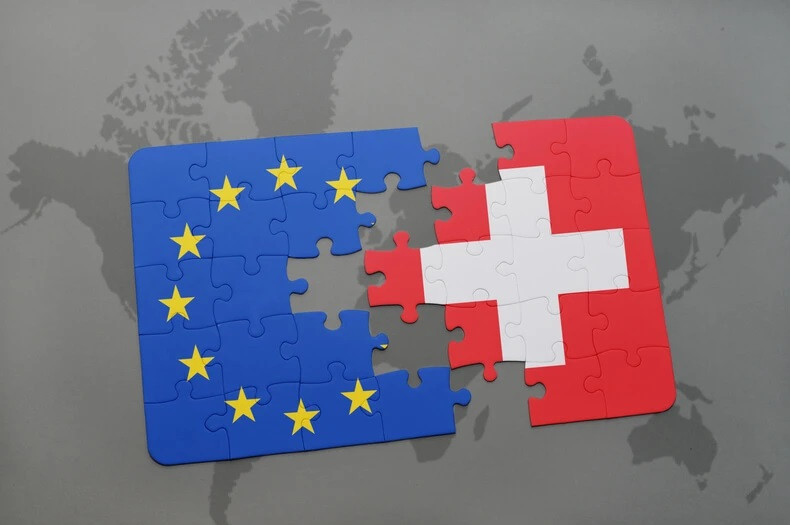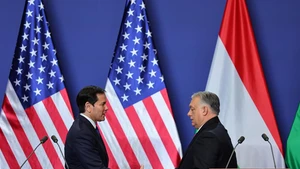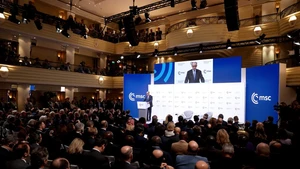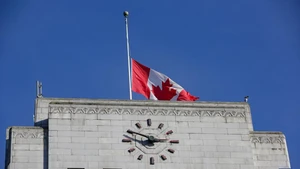At a joint press conference in the capital Bern, European Commission President Ursula von der Leyen and Swiss President Viola Amherd announced the political agreement, emphasising that this is an important step forward, marking the stability in relations between Switzerland and the EU, while opening opportunities for more sustainable cooperation in the future.
The EU and Switzerland are close neighbours with strong cross-border relations. The EU is Switzerland's largest trading partner while Switzerland is the fourth largest trading partner of the union.
There are around 1.5 million EU citizens living in Switzerland and around 450,000 Swiss citizens living in other countries in the bloc. There were previously more than 120 separate agreements between Switzerland and the EU.
In 2021, Switzerland unilaterally withdrew from negotiations with the EU that had been underway for more than a decade due to differences of opinion.
This was largely due to concerns about its sovereignty, leading to tensions between the two sides. By early 2023, Switzerland had begun to signal its willingness to resume talks in a move that the EU described as a “positive impetus” for relations between the two sides.
Since then, the two sides have held several exploratory discussions before formally launching negotiations. The formal negotiations resumed in March, focusing on updating existing agreements and concluding new agreements in areas such as energy, health and food safety.
One of the sticking points in bilateral relations is the EU and Switzerland considering a unilateral protection clause for the freedom of movement of people.
Another topic under discussion is Switzerland's contribution to the EU. Accordingly, Switzerland's financial contribution to economic and social cohesion in the EU could be made through a legally binding mechanism, in exchange for access to the internal market.
In addition, Switzerland also wants to ensure continued participation in EU programs in the fields of research, training, culture, and sports, including the European Horizon program. After nearly 200 negotiating meetings, the agreement was completed, marking a major step forward in bilateral trade relations.
However, despite the agreement, the Swiss government still faces strong opposition from the Swiss People's Party (SVP) — the largest party in the country. The SVP believes that the deal undermines Switzerland’s autonomy and puts the country under EU control.
In addition, trade unions are concerned about the negative aspects of the deal. The Confederation of Swiss Trade Unions (USS), the country’s largest union, has repeatedly called for further negotiations, warning that the deal risks hurting Swiss wages.
Other unions have also voiced concerns about the potential impact on the rail and electricity sectors. Despite the mixed reactions, the deal has strong support from business.
The Swiss Economic Federation (Economiesuisse) has said that the deal will maintain access to the European market and boost key economic sectors.
However, Economiesuisse President Christophe Mader recently stated that Switzerland should have the final say on migration “when it goes beyond the limits”.
To ease pressure from voters, the Swiss government has divided the agreement into four parts, each of which will be put to a separate referendum. This strategy is intended to increase the likelihood of public support for each specific content.
















